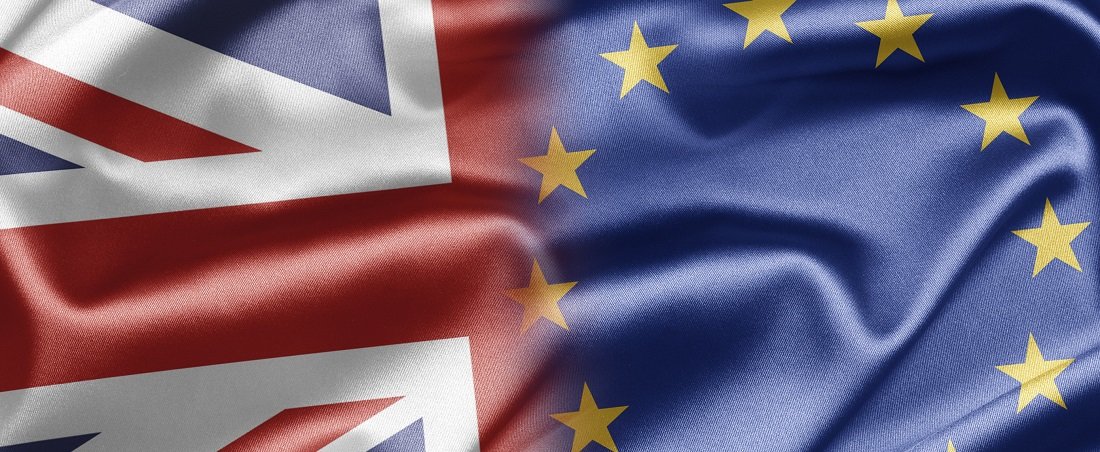One month to go. A month too long for many. All the experts say that the majority of voters will focus only in the last fortnight. Others point to the apparently growing gap in favour of ‘Remain’ in the telephone polls, as opposed to the online ones. But, frankly no one is sure about the reliability of either. I think it is almost certainly true that those who want to leave will be highly motivated: many have been waiting for this moment for a long time. However, turnout remains the key: low turnout will mean, broadly speaking, that the sceptical elderly have voted and the enthusiastic young have not. Hence the voter registration drive going on at present.
The latest Treasury projections are for a minimum of a 3.6% loss of GDP over a three year period if we vote to leave, possibly rising to 6% on a worst case scenario; a 12-15% drop in the value of sterling and a 10-18% fall in house prices, on the same basis of calculation. The Leave campaign dismiss these estimates, likening them to the fears that were expressed when the UK did not join the euro. And, of course, the counter factual is key. The success of the euro was based on assumptions about the extent to which the single currency would compel convergence. Few foresaw the events of 2007/2008, or that the euro was a qualitatively different step from previous moves towards European integration.
Some of the same uncertainties apply now and the figures deployed by each side must, by their very nature, be speculative. But a number of things seem to be certain: the reaction of our EU partners to a vote to leave will be one of dismay, which will translate into a concerted effort to stop the rot by demonstrating that the country that votes to leave pays a heavy price. In Whitehall, there is an expectation that the French and German Governments would issue an early statement spelling out the kind of future relationship they would be prepared to offer: either a third country relationship based on WTO rules (with the tariff barriers that implies) or a free trade deal of the kind the EU has been negotiating for the past seven years with Canada.
The EU has not yet done a free trade deal which gives unrestricted access to trade in services (75% of our GDP) and none that offers the passporting of financial services which contribute to the City’s preeminent position as the EU’s financial capital. Outside the EU, the UK would have no redress against discrimination against the City from within the Eurozone. France and Germany would be striving to regain lost ground. Only a Norway-type deal would protect the UK’s position and that is unlikely to be on offer. Nor, it seems to me, could a British Government, on the back of a no vote, even seek a Norway deal, involving as it would, continued free movement of people. While the ability to control immigration from the rest of Europe would be an accretion of sovereignty, the adverse impact on our economy from the loss of skilled and unskilled labour would be clear.
A vote to leave would not provoke immediate disinvestment. But uncertainty during the two or more years of negotiation on Britain’s exit would deter fresh investment and a Britain outside the EU single market would remain an uncertain prospect for manufacturers concerned about currency fluctuation.
The hardest thing to envisage, but perhaps the most important, would be the loss of our decision making power within the EU, combined with the fact that we would still have to comply with new single market rules made by others for what would, for the foreseeable future, remain the UK’ s largest export market. Nor, of course, would the UK have any say in EU environment policy where, especially on climate change issues, we have been a leader within the Union. Or on the EU’s developing energy strategy, designed both to enhance security of supply through grids and storage and to reduce dependency on external suppliers such as Russia.
The ‘leave’ model of an economy freed from regulatory restraint ignores two things: the first is that, according to OECD statistics, the UK is one of the world’s least regulated economies and the second is that much of the existing regulation agreed at EU level would survive in our domestic law. This applies to health and safety measures and to social measures such as rules on working time. Of course, the latter might not be left unchanged, but their renegotiation would be a potential source of labour market strife, and of considerable controversy within the House of Commons, where we see daily the difficulty which a Government with a small majority has in carrying its programme.
When the Referendum Bill was introduced in the House of Commons in March 1975, Margaret Thatcher, in her first speech as Leader of the Opposition, suggested that, if there were to be a narrow vote to leave in that June’s referendum on EEC membership, then the eventual terms of the UK’s future trading relationship with her erstwhile partners might also need to be put to a referendum. So the idea of a ‘neverendum’ is nothing new and a narrow vote either way will not remove it.

